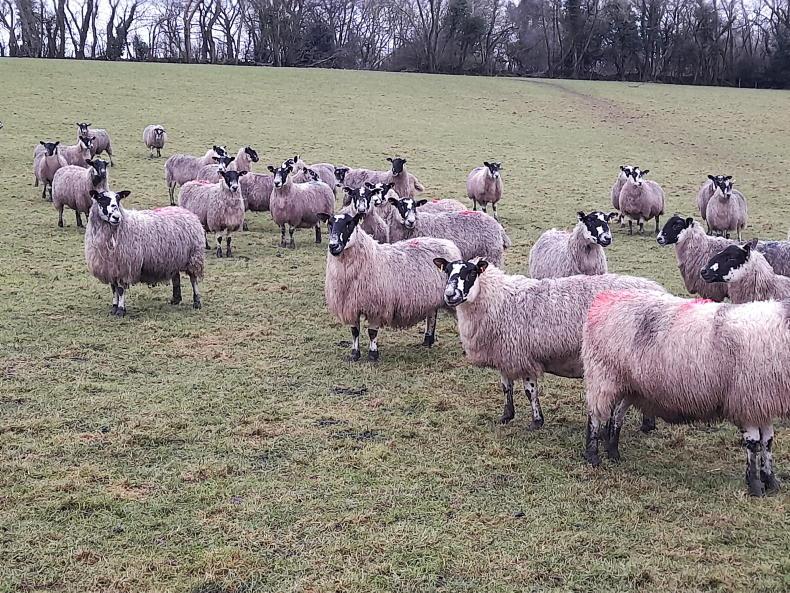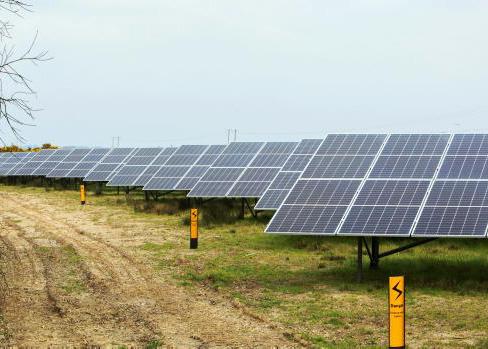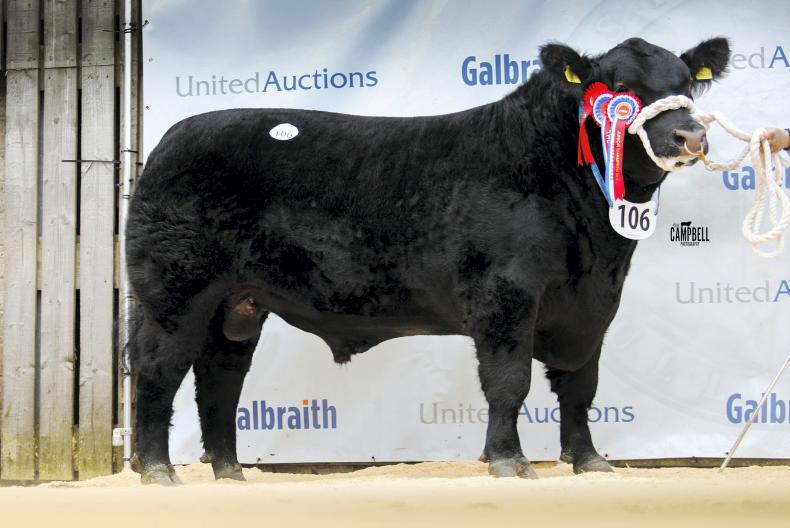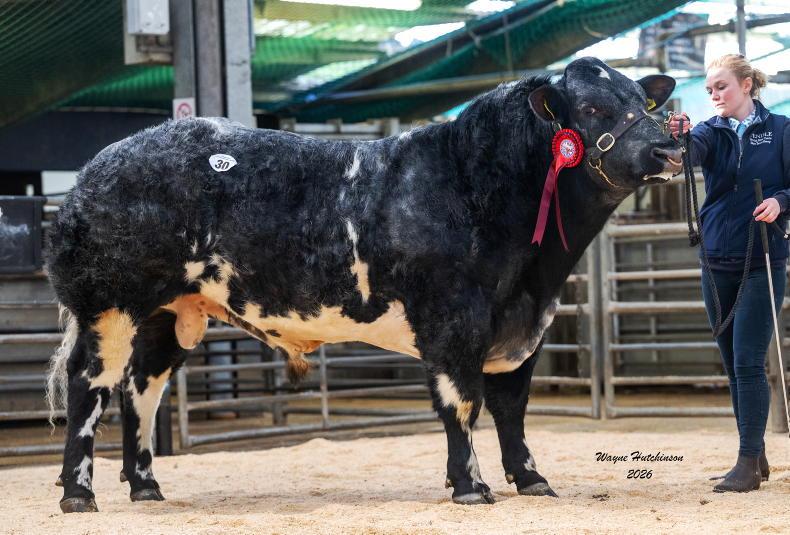With the British Labour party enjoying a 26-point lead in latest opinion polls, it seems almost inevitable it will win at the next general election in 2024.
There was a time when a significant number of farmers might have feared an urban-centred Labour government. But after over 12 years in power, the Conservative Party has lost its way, lurched to the right and sidelined its own moderate internal voices.
There has also been the debacle in England as ministers sought to roll out new policies to replace the Basic Payment Scheme. The slow uptake of Environmental Land Management Schemes is a reminder to policymakers that if you want to drive change, the financial incentives must be suitably robust – many farmers won’t sign up to schemes that deliver more form filling for a minimal return.
At the same time, we have to expect a Labour government will also be keen to link future farm payments to a green agenda.
Where policies might differ is in regards to future trading arrangements with the EU.
While Labour leader Keir Starmer has refused to consider taking the UK back into the EU single market or customs union, it is widely expected he would do a deal around alignment of standards for animal and plant health products.
To date, the Tories have been unwilling to reach such an agreement for fear that it might limit their ability to do trade deals with non-EU countries. But as the recent agreements with Australia and New Zealand have proved, there is little to be gained for the wider UK economy in these deals, and for UK farmers, there is much to be lost.
An EU agreement on veterinary and plant health standards would also remove most of the friction that has been created for trade between Britain and NI. However, if it takes to 2024 to get NI Protocol issues resolved, it will be bad for politics here.
Read more
English farm policies to be ‘rapidly reviewed’
Eustice shown the door at Defra
With the British Labour party enjoying a 26-point lead in latest opinion polls, it seems almost inevitable it will win at the next general election in 2024.
There was a time when a significant number of farmers might have feared an urban-centred Labour government. But after over 12 years in power, the Conservative Party has lost its way, lurched to the right and sidelined its own moderate internal voices.
There has also been the debacle in England as ministers sought to roll out new policies to replace the Basic Payment Scheme. The slow uptake of Environmental Land Management Schemes is a reminder to policymakers that if you want to drive change, the financial incentives must be suitably robust – many farmers won’t sign up to schemes that deliver more form filling for a minimal return.
At the same time, we have to expect a Labour government will also be keen to link future farm payments to a green agenda.
Where policies might differ is in regards to future trading arrangements with the EU.
While Labour leader Keir Starmer has refused to consider taking the UK back into the EU single market or customs union, it is widely expected he would do a deal around alignment of standards for animal and plant health products.
To date, the Tories have been unwilling to reach such an agreement for fear that it might limit their ability to do trade deals with non-EU countries. But as the recent agreements with Australia and New Zealand have proved, there is little to be gained for the wider UK economy in these deals, and for UK farmers, there is much to be lost.
An EU agreement on veterinary and plant health standards would also remove most of the friction that has been created for trade between Britain and NI. However, if it takes to 2024 to get NI Protocol issues resolved, it will be bad for politics here.
Read more
English farm policies to be ‘rapidly reviewed’
Eustice shown the door at Defra










SHARING OPTIONS